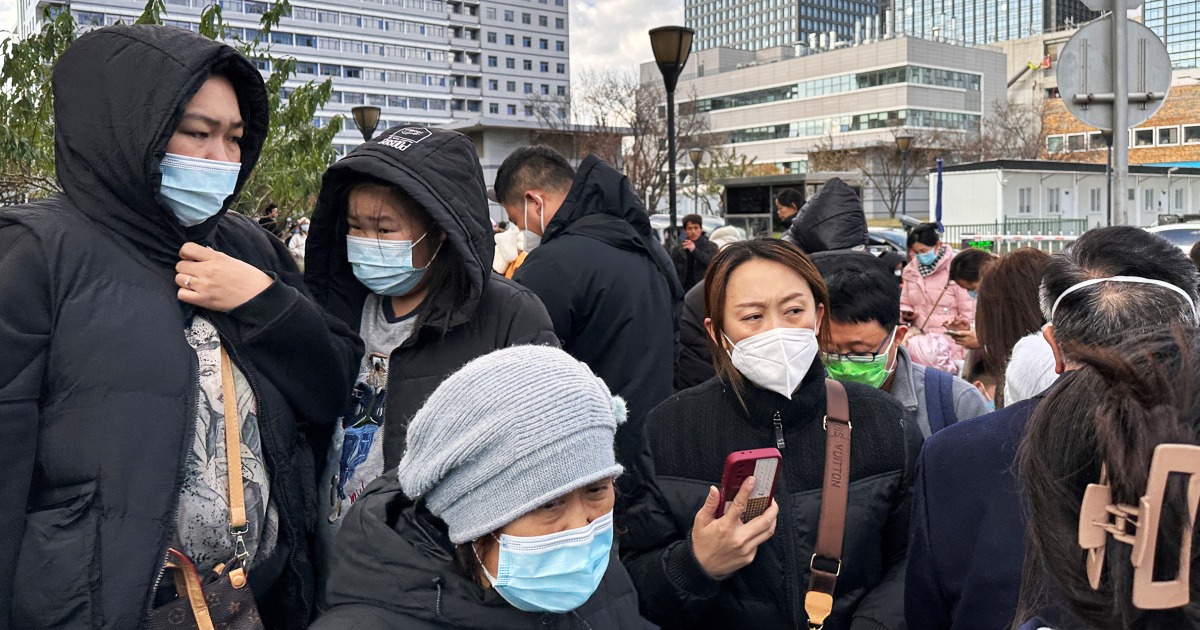
A recent increase in respiratory illnesses in China is a common issue faced by all countries and Chinese authorities have it under effective control, China’s Foreign Minister Wang Yi said on Wednesday.
The World Health Organization (WHO) last week requested China provide detailed information on an increase in respiratory illnesses and reported clusters of pneumonia in children.
But a WHO official said on Monday that the spike in illnesses in China is not as high as before the Covid pandemic, and reiterated that no new or unusual pathogens had been found in the recent cases.
“Recently we have seen some clusters of flu cases among children in certain parts of China. In fact, that is a very common phenomenon in many countries, and in China that has been put under effective control,” Wang told reporters at the United Nations in New York where he is chairing a U.N. Security Council session on the Israel-Hamas conflict.
“China’s interactions with the international community will not be affected by any factors, and we welcome more visits from friends from across the world,” he said.
Meanwhile, Taiwan’s health ministry on Thursday urged the elderly, very young and those with poor immunity to avoid travel to China due to the recent increase in respiratory illnesses there, a move some experts said was ineffective to manage public health risks.
Taiwan has been wary of disease outbreaks in its giant neighbor since the Severe Acute Respiratory Syndrome (SARS) outbreak that started in China and killed nearly 800 people globally in 2002-2003.
China, whose government claims democratically governed Taiwan as its own, initially tried to cover up that outbreak.
In a statement released after a weekly Cabinet meeting, Taiwan’s health ministry said that due to the rise in respiratory illnesses in China, the elderly, young children and other people with poor immunity are requested not to travel to mainland China, Hong Kong and Macau unless necessary.
If travel is necessary, then people should get flu and Covid vaccinations before going to China, it added.
Shu-Ti Chiou, an epidemiologist at the Health & Sustainable Development Foundation in Taipei, said the advisory would lead the public to mistakenly believe they would not contract respiratory illnesses as long as they did not go to China.
Rajib Dasgupta, an epidemiologist and professor of community health at Jawaharlal Nehru University in New Delhi, also said “travel restrictions for respiratory infections are not an effective measure for interrupting transmission”.
Some public health researchers said the travel advisory was reasonable, saying Taiwan was also likely to experience a surge in respiratory illnesses in winter and following the lifting of pandemic restrictions. “They would be cautious not to hasten it by overseas travels,” said Sung-il Cho, an epidemiologist at Seoul National University.
Both China and the WHO have faced questions about the transparency of reporting on the earliest Covid cases that emerged in the central Chinese city of Wuhan in late 2019.
China’s Taiwan affairs office and authorities in Hong Kong and Macau did not immediately respond to requests for comment.






